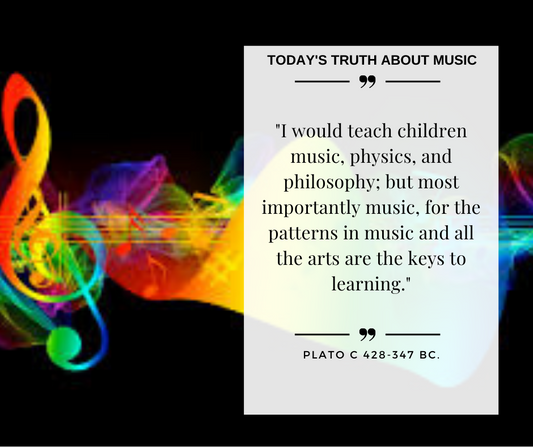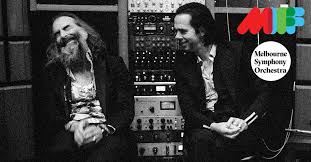Music Music Music
Woodwind Family
The Structure of the WoodwindsWhat is the reed? Making sound by vibrating the reed The sound of a woodwinds, except flutes, are generated by vibrating the reed attached to the mouthpiece, which...
Woodwind Family
The Structure of the WoodwindsWhat is the reed? Making sound by vibrating the reed The sound of a woodwinds, except flutes, are generated by vibrating the reed attached to the mouthpiece, which...

Opening Sunday, May 10th 10-6 and thru the week
Starting Sunday May 10th, we will be open by appointment, curbside delivery and limited shopping for walk-in (two customers at a time, Parent and child count as one). For people that make appointments,...
Opening Sunday, May 10th 10-6 and thru the week
Starting Sunday May 10th, we will be open by appointment, curbside delivery and limited shopping for walk-in (two customers at a time, Parent and child count as one). For people that make appointments,...
10 Reasons You Should Take Up A Musical Instrument
Learning to play a musical instrument has so many benefits – whether it’s building your confidence, enhancing your memory or widening your social circle. Here are the ten reasons...
10 Reasons You Should Take Up A Musical Instrument
Learning to play a musical instrument has so many benefits – whether it’s building your confidence, enhancing your memory or widening your social circle. Here are the ten reasons...

Math and Music Patterns - New Insight
The astronomer Galileo Galilei observed in 1623 that the entire universe "is written in the language of mathematics"...surprising that music, with all its passion and emotion, is also based upon...
Math and Music Patterns - New Insight
The astronomer Galileo Galilei observed in 1623 that the entire universe "is written in the language of mathematics"...surprising that music, with all its passion and emotion, is also based upon...
Online or In-Person Lessons - Advantages? Disa...
For the time being, our online lessons are great but we are looking forward to seeing all of you in person again! There are definite pros and cons to online...
Online or In-Person Lessons - Advantages? Disa...
For the time being, our online lessons are great but we are looking forward to seeing all of you in person again! There are definite pros and cons to online...

The term Composition - used for music exclusive...
Per Groves Dictionary, Composition is a term which literally means a "putting together", is now almost exclusively applied to the invention of music -- a novelist or a poet being not...
The term Composition - used for music exclusive...
Per Groves Dictionary, Composition is a term which literally means a "putting together", is now almost exclusively applied to the invention of music -- a novelist or a poet being not...
